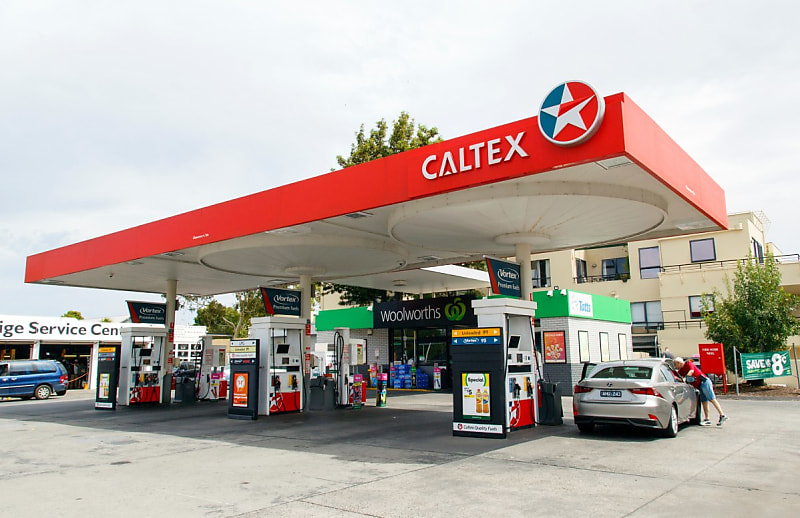Inflation rebounded to rise 5.2 per cent in the 12 months to August fuelled by increases in the price of housing, transport and financial services.
ABS head of prices statistics Michelle Marquardt said the result was an increase on last month’s 4.9 per cent figure but still reflected a decline from the peak of 8.4 per cent last December.
You’re out of free articles for this month
Ms Marquardt said excluding volatile items such as petrol made a big difference to the result.
“CPI inflation is often impacted by items with volatile price changes like automotive fuel, fruit and vegetables, and holiday travel,” she said. “When excluding these volatile items from the monthly CPI indicator, the annual rise of 5.5 per cent in August is lower than the annual rise of 5.8 per cent in July.”
The most significant contributors to the August annual increase were housing (+6.6 per cent), transport (+7.4 per cent), food and non-alcoholic beverages (+4.4 per cent) and insurance and financial services (+8.8 per cent).
Deputy chief economist at AMP Australia, Diana Mousina, said the 5.2 per cent rise was in line with expectations and high petrol prices would also inflate next month’s result.
“Petrol prices rose further in September and we estimate that petrol prices will add 0.3 percentage points to September quarter inflation,” Ms Mousina said.
But long-term figures would offer encouragement.
“We expect more downside to inflation from here based on leading indicators of inflation, with headline inflation annual expected to be at the top end of the RBA’s target band by mid-2024.”
CreditorWatch chief economist Anneke Thompson said this month’s higher figure would be unwelcome news for businesses, which would feel the insurance increase.
“Rising insurance will have a big impact and add to already significant cost pressures many businesses are facing,” she said.
“The construction sector, in particular, is very reliant on insurance, and while price growth momentum in building materials is slowing, rising insurance premiums will be the next headache the industry will face.”
She said the latest data from CreditorWatch showed that external administrations for the construction industry were now above pre-pandemic levels.
Ms Marquardt said the housing result represented a slowdown in inflation from a 7.3 per cent increase in July, thanks to the lowest annual rise in new dwelling prices since August 2021 of 4.8 per cent.
She said the new dwelling result came as the price of building materials continued to ease due to improved supply conditions. However rent prices rose 7.8 per cent in the 12 months to August, up from 7.6 per cent in July, as the rental market remained tight.
Other large increases hit electricity prices, which rose 12.7 per cent, and gas prices, which increased 12.9 per cent for the 12 months to August.
The ABS said this reflected higher wholesale prices and rebates from the Energy Bill Relief Fund in July reduced the impact for eligible households.
Automotive fuel prices also jumped by 13.9 per cent compared to 12 months ago and 9.1 per cent in August alone.
“The annual movement for automotive fuel remains volatile, partly reflecting price changes from 12 months ago when automotive fuel prices fell 11.5 per cent in August 2022,” Ms Marquardt said.
“Price rises this month, combined with base effects, have seen the annual movement for automotive fuel increase 13.9 per cent in August, compared to a fall of 7.6 per cent in July.”
She said inflation in food and non-alcoholic beverages continued to ease, with prices up 4.4 per cent in the 12 months to August, down from the 5.6 per cent annual increase in July. This was the lowest annual increase since February 2022 but some categories were still rising quickly.
“Prices for bread and cereal products and dairy products have risen over 10 per cent in the past 12 months, while fruit and vegetable prices are 8.3 per cent lower compared to 12 months ago due to improved growing conditions,” Ms Marquardt said.

 Login
Login







